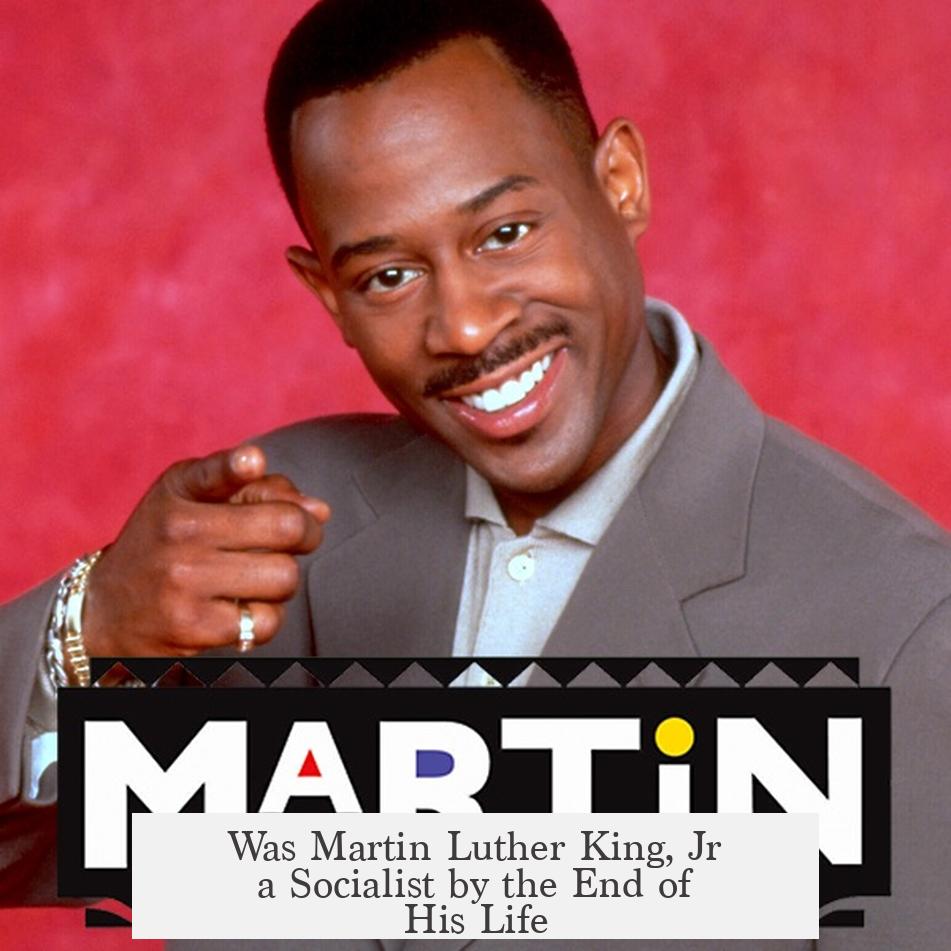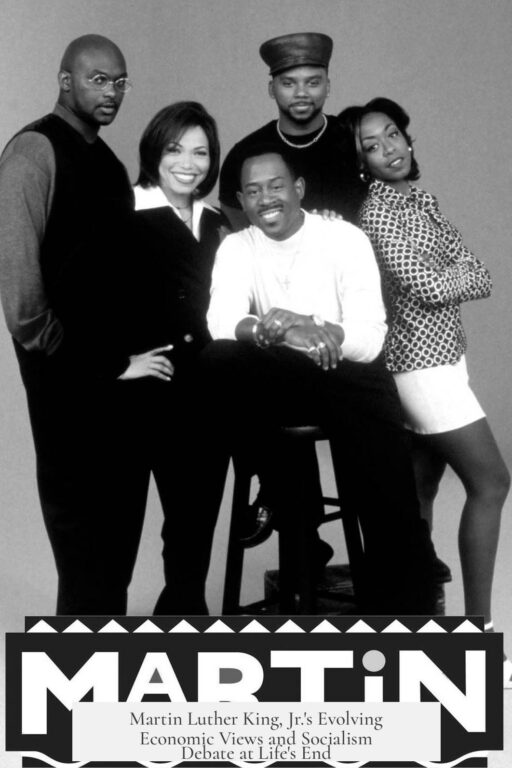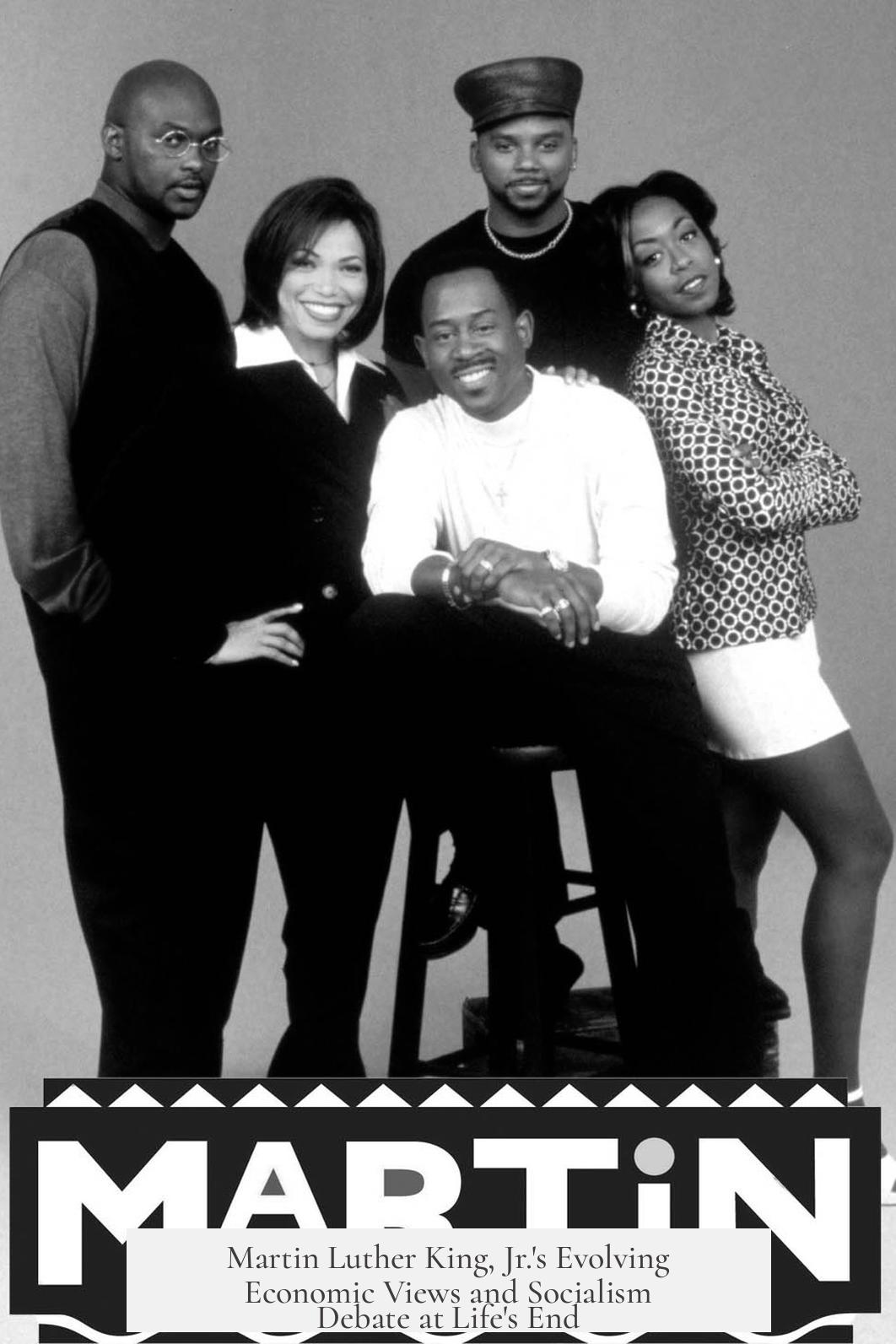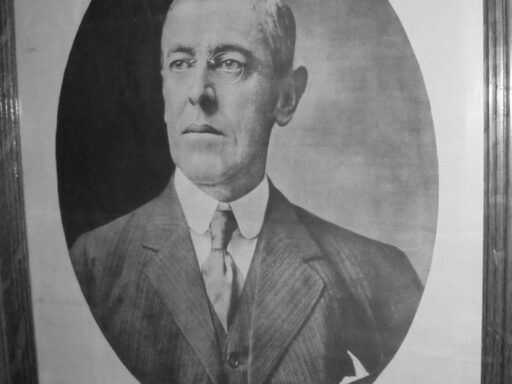Martin Luther King, Jr. was not explicitly a socialist by the end of his life, despite early sympathies toward socialist economic ideas. His views on socialism evolved over time, and he deliberately distanced himself from direct identification with socialism or communism later in life. Historical evidence does not conclusively show that he adopted a socialist label before his assassination.
Early in his life, King expressed sympathy for socialist ideas. In a 1952 letter to Coretta Scott, he admitted to leaning “more socialistic in [his] economic theory than capitalistic.” He criticized capitalism for fostering inequality by “taking necessities from the masses to give luxuries to the classes.” This critique reflected dissatisfaction with economic disparities rather than a full endorsement of socialism.
However, King was careful to avoid communist or socialist labels as his public role developed. He feared that association with communism would alienate supporters and hinder the civil rights movement. This led him to adopt more nuanced rhetoric about economic justice. By the late 1960s, King’s focus was on broader social and economic reforms rather than explicit socialist revolution.
There is no clear documentation demonstrating King’s personal or political alignment with socialism near the end of his life. His speeches and writings from this period emphasize human rights, poverty alleviation, and systemic economic reform without invoking socialism as a political ideology. Scholars debate his final economic views because he avoided precise ideological commitments in public statements.
Discussions among historians and analysts often mention MLK’s early economic critiques and his later strategic distancing from socialist identity. Some draw parallels between King’s vision and democratic socialism, while others argue his approach remained rooted in reformist civil rights activism rather than radical socialism.
- Early in life, King expressed socialist sympathies, critiquing capitalism’s inequalities.
- He intentionally distanced himself from communist and socialist labels later.
- No definitive evidence shows King identified as a socialist at life’s end.
- King focused on economic justice through systemic reform rather than socialist revolution.
- Historians debate his exact position due to his evolving rhetoric and political context.
Was Martin Luther King, Jr a Socialist by the End of His Life?

Martin Luther King, Jr. expressed early sympathy toward socialist ideas but did not explicitly identify as a socialist by the end of his life. His evolving rhetoric and careful distancing from communist and socialist labels make a definitive answer complicated. Let’s unpack his journey through these economic and social ideologies with clarity and a touch of insight.
First, it’s crucial to understand what King said about socialism and capitalism early in his career. In 1952, King wrote a revealing letter to Coretta Scott that sheds light on his economic perspectives. He confessed, “I am much more socialistic in my economic theory than capitalistic.” But here’s the twist: he wasn’t completely anti-capitalist. He recognized capitalism’s original intent was to curb the monopolies of nobles, a historical nuance many overlook.
King pointed out the ironic flaw in capitalism’s evolution: it “has brought about a system that takes necessities from the masses to give luxuries to the classes.”
This early expression sets the stage for those who argue King leaned toward socialism. Yet, equating sympathy to full allegiance is where many jump the gun. King’s economic critique revealed deep concerns about inequality, but also an understanding of capitalism’s place in society.
Walking a Fine Line: Avoiding Communist Labels
Now, the plot thickens when we look at King’s later years. Throughout the 1960s, he vigorously distanced himself from communist and socialist tags. Why? Because during the Cold War era, such affiliations could derail the civil rights movement and bring harsh government scrutiny.
King carefully reframed his language, focusing on moral and ethical justice rather than explicit political ideology. For instance, in many speeches, he called for a “revolution of values” that emphasized social welfare but stopped short of labeling this as socialism.
His cautious stance reflects strategic navigation. King wanted change, yes—but not at the cost of alienating potential allies or falling victim to McCarthyism. So calling him a “socialist” in the traditional sense became increasingly problematic, given the political climate and his public messaging.
The Mystery of King’s Economic Views at Life’s End
Here’s where historians collectively shrug: there is no clear, documented evidence revealing King’s exact economic stance just before his assassination in 1968. He avoided direct answers when pressed on socialism, making it tricky to pin down his definitive position.
One cannot ignore the nuanced arguments that paint him variably — from a democratic socialist like Bernie Sanders to someone echoing more radical ideas. Yet no letter, speech, or interview from his last days categorically brands him a socialist.
King’s silence on the matter—perhaps deliberate—leaves historians in a state of respectful debate rather than definitive conclusion.
Broader Conversations and Reflections

Curious minds and scholars alike have asked similar questions, notably on platforms like /r/AskHistorians. Discussions reference interviews by figures like Cornel West, who links King to socialist ideals. Yet these conversations emphasize complexity over simplicity.
- Reddit users have debated whether King’s economic thoughts align more with democratic socialism or Marxism.
- These debates highlight his early sympathy but also the pragmatic distancing in his later years.
Ultimately, these vibrant discussions enrich our understanding but avoid oversimplifying King’s nuanced political persona.
So, What’s the Verdict?
The honest answer? Martin Luther King, Jr. was NOT clearly a socialist by the end of his life. His early writings reveal a lean toward socialist economic theories. Nevertheless, over time, he shifted to a broader moral framework addressing inequality without endorsing socialism outright.
His approach was strategic. Civil rights depended on building coalitions across political divides. A socialist label might have fractured support and jeopardized the movement. King’s goal was justice—social and economic—but his methods were inclusive rather than ideologically rigid.
Consider this practical takeaway: King’s legacy teaches us to critique systems that perpetuate inequality while navigating the political realities of our time. Whether or not he was a “socialist,” his ideas push us to ask, “How do we best create a just society?”
What Can We Learn Today?
King’s economic philosophy was grounded in fairness and human dignity. Modern activists might draw from his early sympathy toward socialist ideals while embracing his later pragmatic campaigning.
If you’re passionate about economic justice, King’s journey suggests balancing ideals with strategy. Being labeled isn’t as crucial as pursuing substantive improvements in people’s lives.
In other words: shout loudly about fairness, but choose your words like a leader who understands context and timing.
Closing Thought
“The arc of the moral universe is long, but it bends toward justice.” – Martin Luther King, Jr.
This insight encapsulates his mission: a relentless push for justice within a complex world—not necessarily a call to socialism as a political system.
In the end, MLK remains an icon of hope, a reminder that profound social change requires both idealism and careful navigation of political realities. Was he a socialist at life’s end? The evidence says no—but his critique of capitalism and soaring vision for justice still inspire debates and dreams alike.




